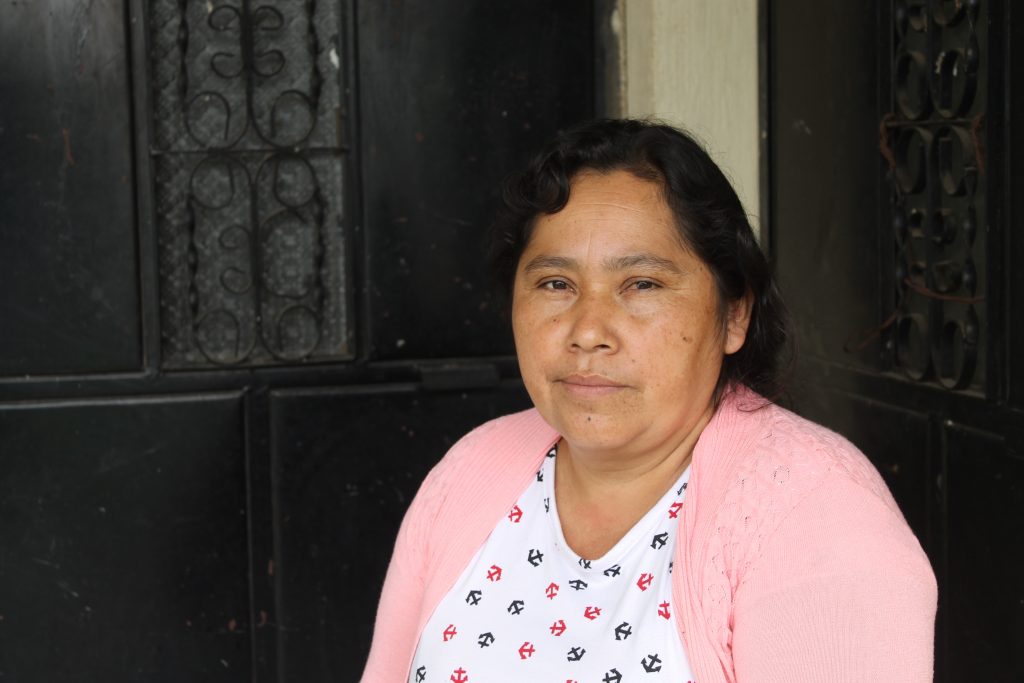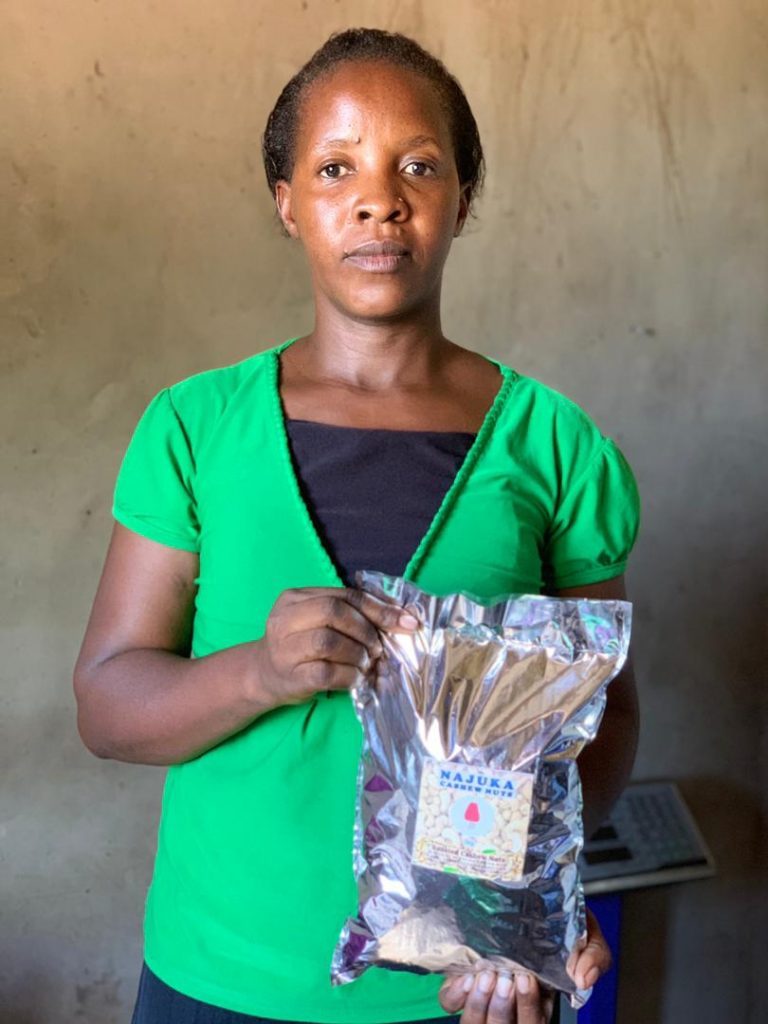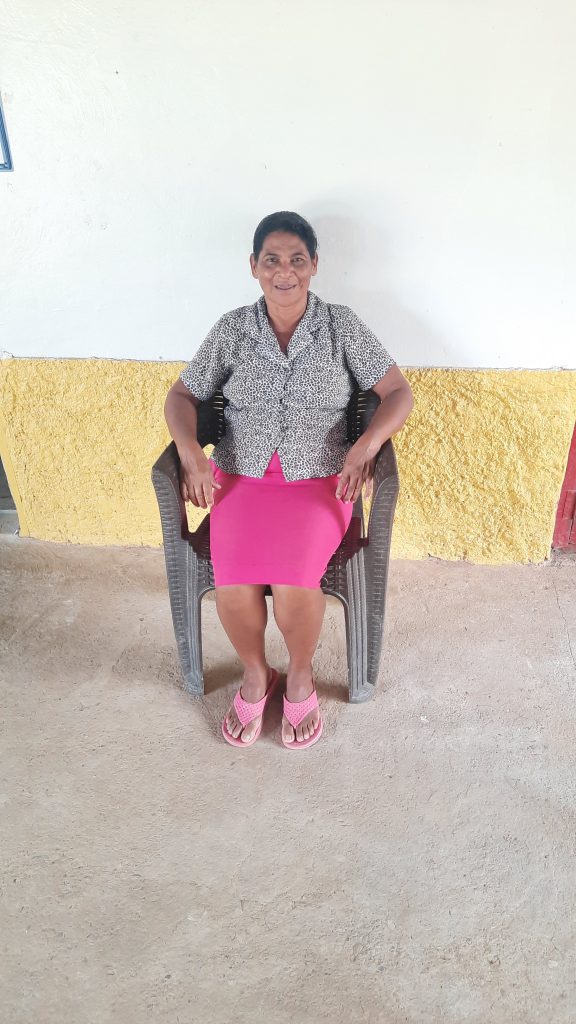
International Women’s Day 2023: Real-World Examples of Women’s Economic Empowerment
This International Women's Day, look at some real-world examples of what can happen when women can realize their full potential through economic empowerment.
Empowering women to achieve their full potential is one of the most powerful ways to fight poverty. Yet in many countries where TechnoServe works, women continue to face tremendous barriers to success. They have limited access to the productive resources like land, finance, and information that they need to grow their farms and businesses, and they are disproportionately affected by poverty, violence, and discrimination. In most cases, women must also balance the bulk of household and childcare responsibilities with efforts to improve their skills and earn independent incomes.
So how do we tackle these vast challenges? After over 50 years of working to empower the most economically disadvantaged, we know there aren’t any simple solutions. But empowering women for the betterment of the entire world is possible. And it’s not just a theory. Our clients have consistently proven the validity of several facts about women’s economic empowerment. This International Women’s Day, look at some real-world examples of what can happen when women can realize their full potential through economic empowerment.
A Farmer Increases Her Income and Power

Fact: Women’s Economic Empowerment is achieved when women’s income increases and when they have the power to make and act on economic decisions.
Lesbia Ludia Juárez, a farmer in Los Planes, a small village in Guatemala, understands the weight of having to make difficult decisions under tough economic conditions. In the past, she says, her family faced harsh challenges. As they lived on a low income, a lack of medical care and poor nutrition meant there were limited opportunities to succeed. The future, in Lesbia’s words, was “complicated.”
Although they looked at me strangely, I did not give up. Over time, I earned the respect of men.
Lesbia Ludia Juárez
With a husband who had migrated to the United States in 2004, the challenge of improving the life for the next generation of her family largely rested on her shoulders. “If we didn’t have a better income, how would we prevent our children from suffering and repeating history?” she says.
Five years ago, Lesbia joined a farmer producer organization to help sell her crops. “I felt the need to join because I didn’t know what to do,” she says. “I was the only woman interested in learning, and although they looked at me strangely, I did not give up. Over time, I earned the respect of men.”
Just a year after she joined, TechnoServe partnered with her farmer producer organization in an effort to improve smallholder farmers’ production, integrate them into more inclusive and profitable market systems, and increase smallholder farmer incomes by at least 20%.
When Lesbia’s husband still managed their crops, the family earned about $4 per day. After working with TechnoServe, their farm makes nearly $40 per day now. And Lesbia now has the power to change her life and the lives of her family members.
“We have access to better food and health services,” she says. “I bought more land, better supplies, and opened my own basic necessities store.”
An Economically Empowered Woman Escapes Gender-Based Violence

Fact: Women’s Economic Empowerment expands women’s choices and opportunities, and strengthens their economic independence, bargaining power in the household, and control over marriage decisions.
Namukolo Judith Kaywala understands this. Today she is an entrepreneur in Zambia, where her business, Najuka, produces cashew nuts and cashew butter. But 10 years ago, Namukolo was unemployed and experiencing gender-based violence in an abusive marriage.
After using the equivalent of $30 to start her business, she would use an ax to split her cashew nuts by hand. “I had no machine,” she says. “I would roast them and sell them in bars and to taxi drivers.”
Namukolo’s business is one of those supported by the Food Enterprises for a Developed Zambia (FED Zambia) program, a partnership between the Swedish International Development Cooperation Agency and TechnoServe, launched in March 2021.
With new skills, income, and confidence Namukolo divorced her husband. “She was able to leave the abusive marriage because she has this income,” explains Bwile Musonda, the Gender Advisor for TechnoServe’s FED Zambia program. “And she was also able to take her children to school. Not just any school, but a good school. She’s very, very proud of that because she knows that’s paving the way for a brighter future for her child.”
Additionally, Namukolo is now able to support other members of her family. She has a grandmother and aunts who all rely on her now to provide food and medicine. Helping her children and extended family with her new income, Namukolo is improving the quality of life for all of them.
A Farmer Nearly Doubles Her Yields

Fact: When men and women farmers have equal access to resources and services, farm yields can increase by 20-30%.
Farmers like María Salomé Rosales have seen this happen in real life. She has worked alongside her husband, Martín, for over 40 years on their farm in the El Paraíso department of southern Honduras. The name of the area means “paradise”–and indeed, the lush rolling hills provide an ideal setting for growing the beans that provide much of the family’s income.
But despite this, María’s family often faced “an uncertain future,” she says. “We had little knowledge of the cultivation of beans as we were getting quite low yields…we did not have a good market in which to sell the product.”
When María joined TechnoServe’s training, the farming techniques she learned helped her nearly double her crop productivity. Before working with Technoserve, she used to get 2,866 pounds of beans from roughly two acres of land. Now, the same land yields over 5,000 pounds.
“With the profits from the beans, I can now buy more food and clothes for my family,” says María. “I hire labor now. I’ve fixed up my house, bought a TV, a set of furniture, and a motorcycle. I hope that my son will continue to farm the land and will be able to have other businesses at the same time.”
Women’s Economic Empowerment is a crucial factor in promoting economic growth, equity, and social progress worldwide. TechnoServe’s initiatives have demonstrated that investing in women’s economic empowerment increases their income and decision-making power.
By supporting TechnoServe, you can contribute to empowering women all over the world and promoting change in their communities. Join us in this mission to create a better world by supporting women’s economic empowerment today. Let’s work together towards a brighter future for all.
RELATED ARTICLES:





